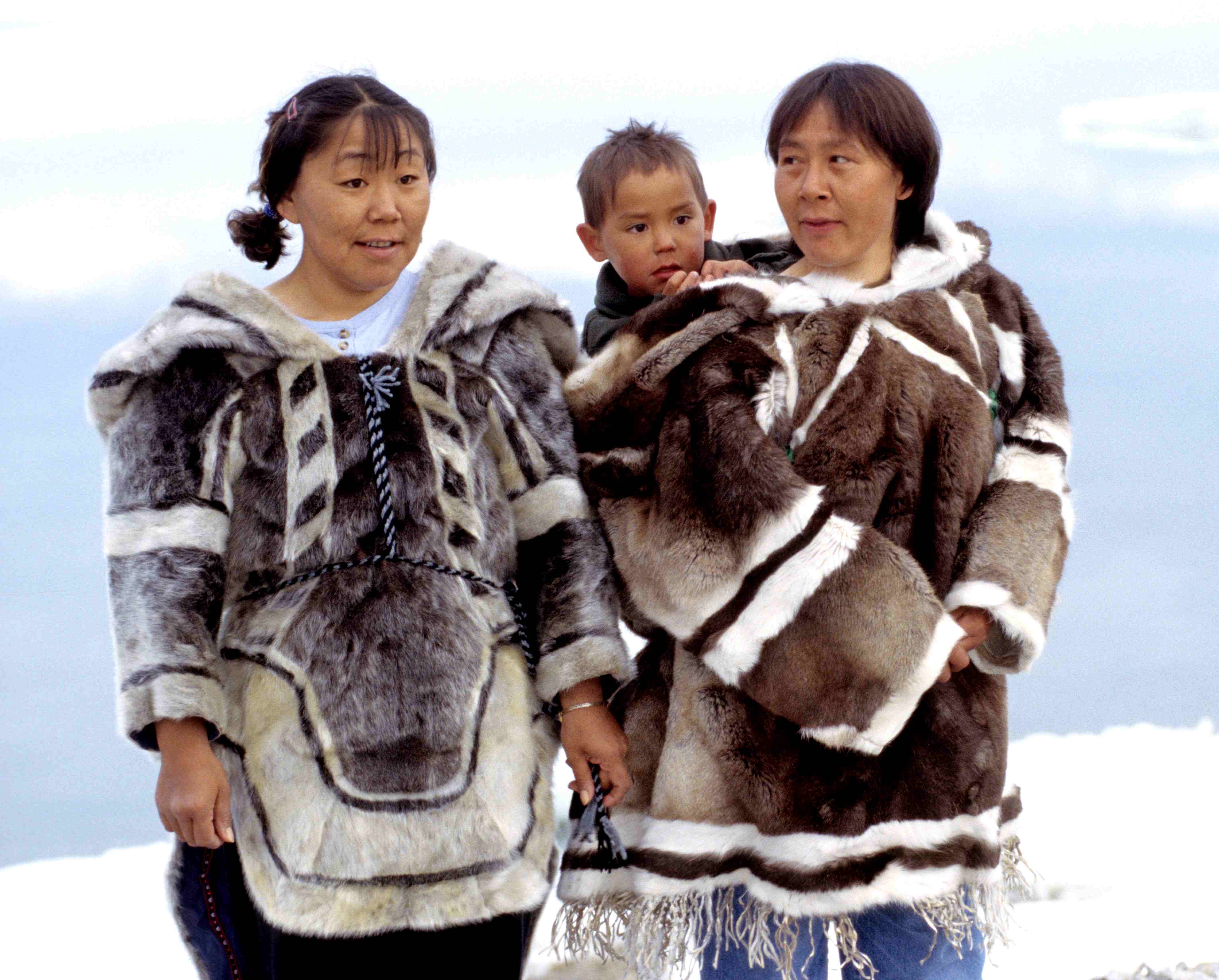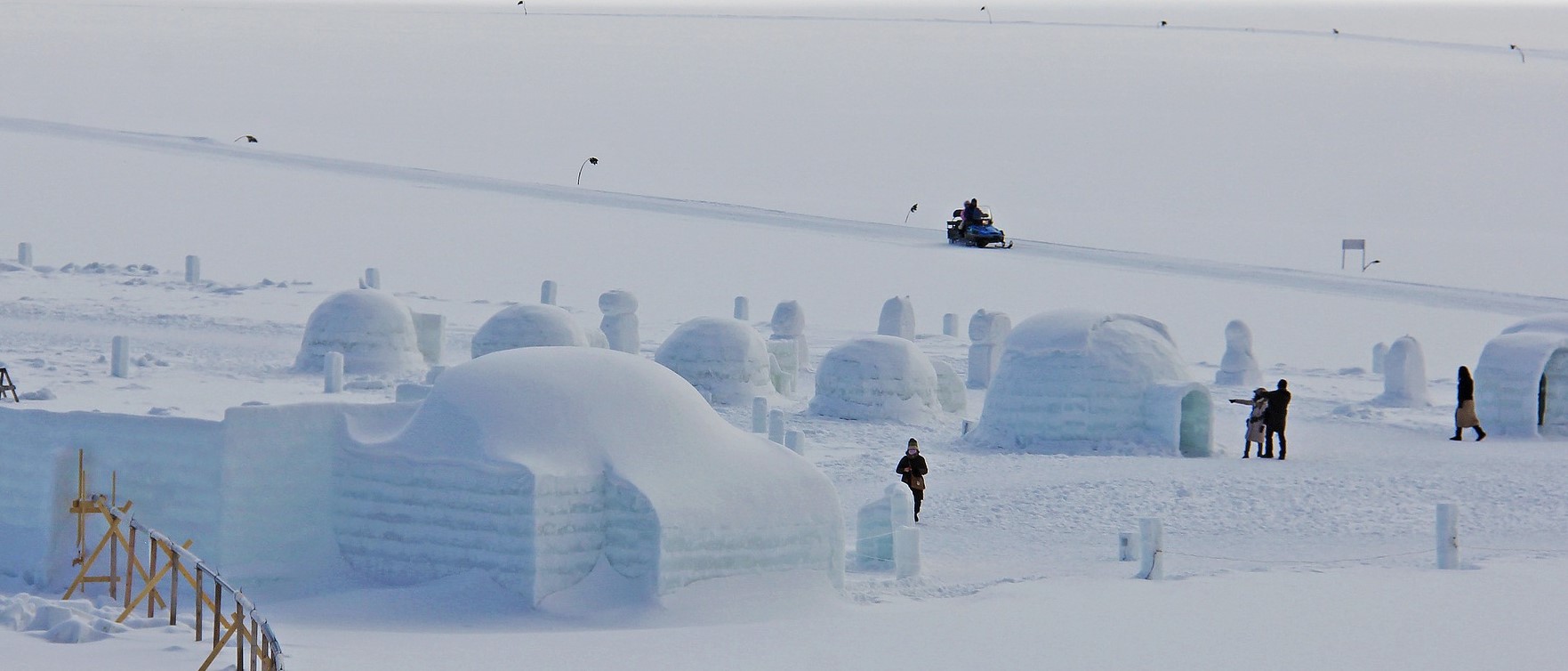These dark winter mornings have most of us hitting snooze or sleeping through multiple alarms… I, for one, do both. But is this desire to stay in bed just laziness, or a primal instinct recalling a time before lectures and revision timetables determined our circadian rhythm? Fossil experts have recently discovered evidence that our archaic ancestors survived cold winters through hibernation. This controversial theory resulted from lesions found on the 400,000 year old fossilised bones of early humans; excavated at the Sima de los Huesos archaeological site in Spain.
The process of hibernation allows for metabolism (chemical reactions in the body which turn food into energy) to be slowed, enabling certain animals to survive harsh winters. Before the recent discovery, it was assumed that humans have no reason to hibernate; our ancestors came from tropical environments where harsh winters were uncommon. After all, humans have – for quite a long time now – had the resources to survive bracing winters. Sure, they didn’t have Netflix, fuzzy socks, or central heating, but they did have the Neanderthal equivalents: animal hides and fire. These (mainly fire), are considered to be far more effective in waiting out the cold, and to avoid the severe health risks that can come with hibernation. However, markings on these early human bones matched marks found on the bones of animals that hibernate, suggesting that our ancestors did lie dormant for prolonged periods of time…

Antonis Bartsiokas, a paleoanthropology expert, and Juan-Luis Arsuaga, who lead the first team involved in this excavation, released a paper published in L’Anthropologie earlier this month. Discussing the bone markings, they argued that the nutrient deficiencies found in the bones and annually stunted bone growth showed that these early humans were hibernating for several months every year. They also stated that hibernation is consistent with our genetic make-up – other mammals, like bears, squirrels, and lemurs also hibernate, so perhaps early humans also had an evolutionary predisposition to hibernate? Cave bear remains were also discovered in the same area, which had markings consistent with those on the human bones, showing that this theory of human hibernation is highly likely. Other evidence also supports Bartsiokas and Arsuaga’s revolutionary claims, particularly the fact that early humans near Sima de los Huesos would have lived in glacial conditions – quite the opposite of Spanish weather in the present day!
But what about modern indigenous people living in similar arctic conditions? The Inuit people, living in modern-day Greenland, Canada, and Alaska don’t resort to cave-dwelling or hibernation, so why did the early humans? Bartsioka and Arsuaga argue that Inuit people have plenty of fat-rich, nutritious food to survive their harsh winters – like fish and reindeer – whereas glacial areas around the Sima site would not, prehistorically, have enough fat-rich food to sustain these early humans through long, cold winters. Therefore, their only chance at survival would have been through hibernation.

This discovery has sparked intense debate in the anthropological community, with many believing that it is simply not possible for the human brain (which demands a lot of energy) to be sustained through hibernation. Others have also stated that the bone markings could be due to other reasons, such as a lack of nutrients, rather than hibernation. Chris Stringer, professor of anthropology working at the Natural History Museum, also noted that bears don’t technically hibernate, but instead undergo a deep sleep called torpor. Torpor is impractical with the metabolic requirements of the human brain, so we would not be able to achieve it.
Regardless of whether further genetic testing can provide a conclusive result, this discovery has caused the scientific community to acknowledge how little we truly know about our ancestors, and perhaps more importantly, provided us with another reason why we should keep hitting snooze.
By Tharushi Wijesiri
Header image: Pixabay

